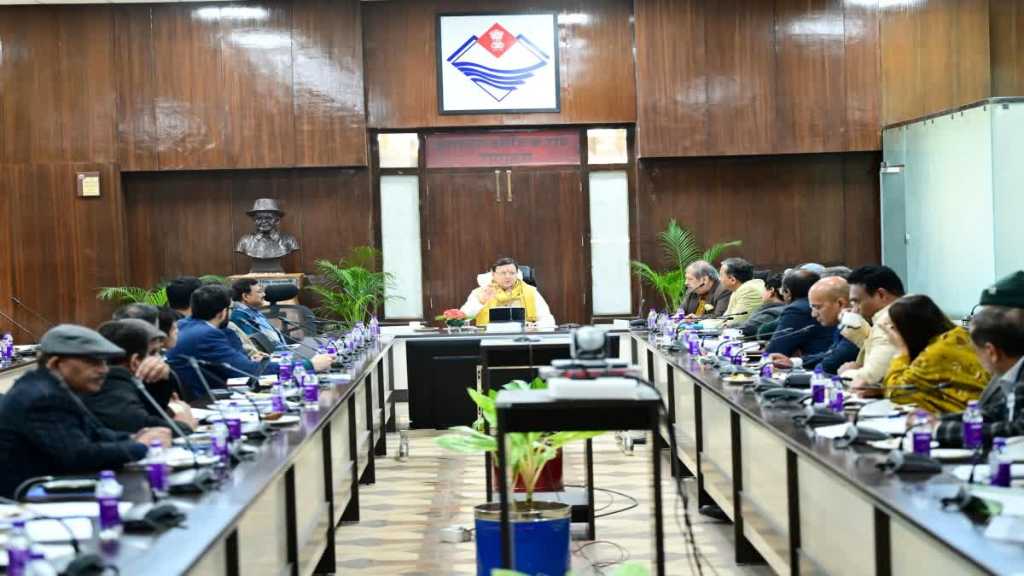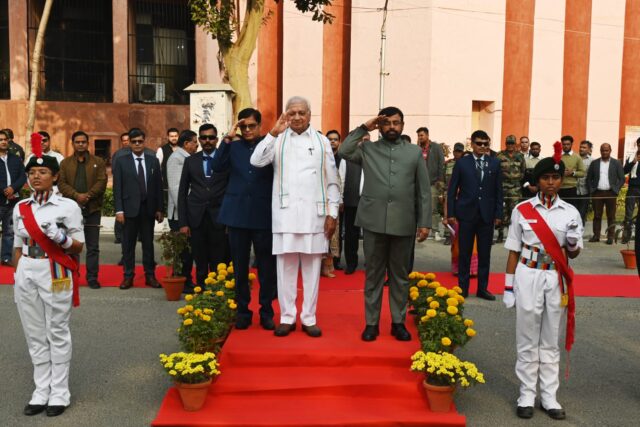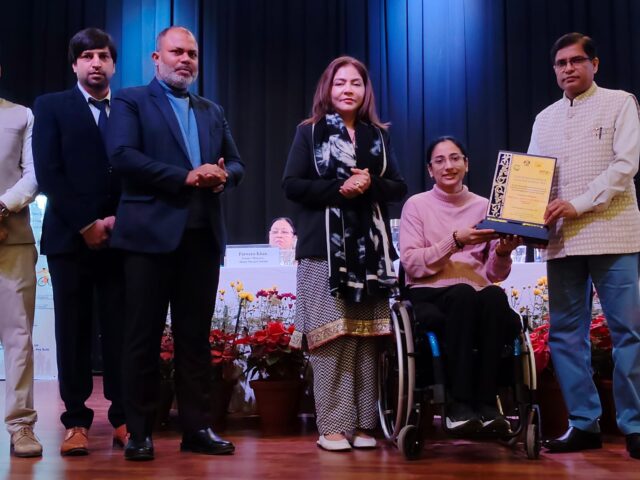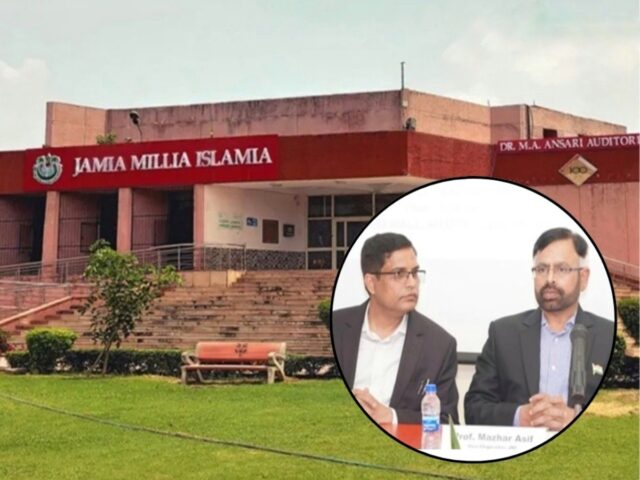Electricity will be produced from geothermal energy in Uttarakhand, Geothermal Energy Policy gets approval, know what is special?

b
The Uttarakhand government is emphasizing on energy production through geothermal springs present in the high Himalayan region of the state. Under which the state government also signed an MoU with Iceland’s Varkis Company on 17 January 2025. In this sequence, the Dhami Cabinet, which met on Wednesday, July 9, 2025, has approved the first Uttarakhand Geothermal Energy Policy 2025 of the state of Uttarakhand. The main objective of this policy is to identify geothermal resources and their potential as well as encourage scientific and technical research for exploration.
There are immense possibilities of energy production in Uttarakhand. This is the reason why the state government is laying special emphasis on solar energy and geothermal energy projects along with hydro power projects. There are 40 identified geothermal springs in the high Himalayan regions of the state. In such a situation, the government wants to convert the geothermal springs present in the state into geothermal energy. Under which the Uttarakhand government has already signed an MoU with Workis, a private company of Ireland, on 17 January 2025. Along with this, now the Uttarakhand government has also prepared a Geothermal Energy Policy to promote geothermal energy in the state, which has been approved by the Cabinet.
Objective of Uttarakhand Geothermal Energy Policy 2025: To encourage and support scientific and technical research for exploration, identification of geothermal resources and their capacity in view of economic and environmental feasibility. To encourage the development and use of identified geothermal energy sites in the state. Geothermal energy is to be promoted for use in power generation, healing and cooling systems, water treatment and community development. To enhance the energy security of the state by contributing to diversification of energy supply, reduction of carbon emissions and long-term environmental and energy goals of the state.
R&D center will be set up for geothermal exploration: After the notification of Uttarakhand Geothermal Energy Policy, it will be implemented in the state of Uttarakhand and this policy will be applicable to all geothermal projects in the state. According to the Geothermal Energy Policy, the Department of Energy, Government of Uttarakhand, UREDA (Uttarakhand Renewable Energy Development Agency) and UJVNL will work as implementing agencies for planning, project allocation, statutory approval and policy amendments. A research and development center will be set up for geothermal exploration, which will work for resource assessment and feasibility improvement.
Permission within 8 weeks under single window system: Geothermal energy projects will be allocated to CPSUs/SPSUs on nomination basis and to private companies through competitive bidding. The developer for exploration and development will be selected through EOI (Expression of Interest). Developers will have to submit a detailed project report (DPR) within 1 year after allotment of the land. Developers will be provided 50 percent right of way for 30 years. The rest of the land will be leased at government rates. Up to 50 percent financial assistance will be given for exploration and reconnaissance surveys. Local area development fund and royalty electricity charges will be waived. There is a provision to grant permission within 8 weeks under the single window system.
Other points of the Geothermal Energy Policy:
- Projects will have to be started within 4 years of getting approval. There will be a provision of cancellation or penalty for the project in case of failure.
- The project will be allotted for 30 years. Also, inspection will be done in the 10th, 15th, 20th and final year after the project starts.
- The state government has the right to purchase up to 80% of the project capacity at rates determined by UERC (Uttarakhand Electricity Regulatory Commission).
- Developers will have to bear the cost of connecting to the state transmission network and related infrastructure.
- Permission will have to be taken from the state government for transfer after the commercial operation date and pre-commercial operation date.
- In any dispute, the guidelines issued by the state government will be final. This also includes the opportunity for hearing of stakeholders.
- The conditions given in central/state acts, policies or regulations will have to be followed.





